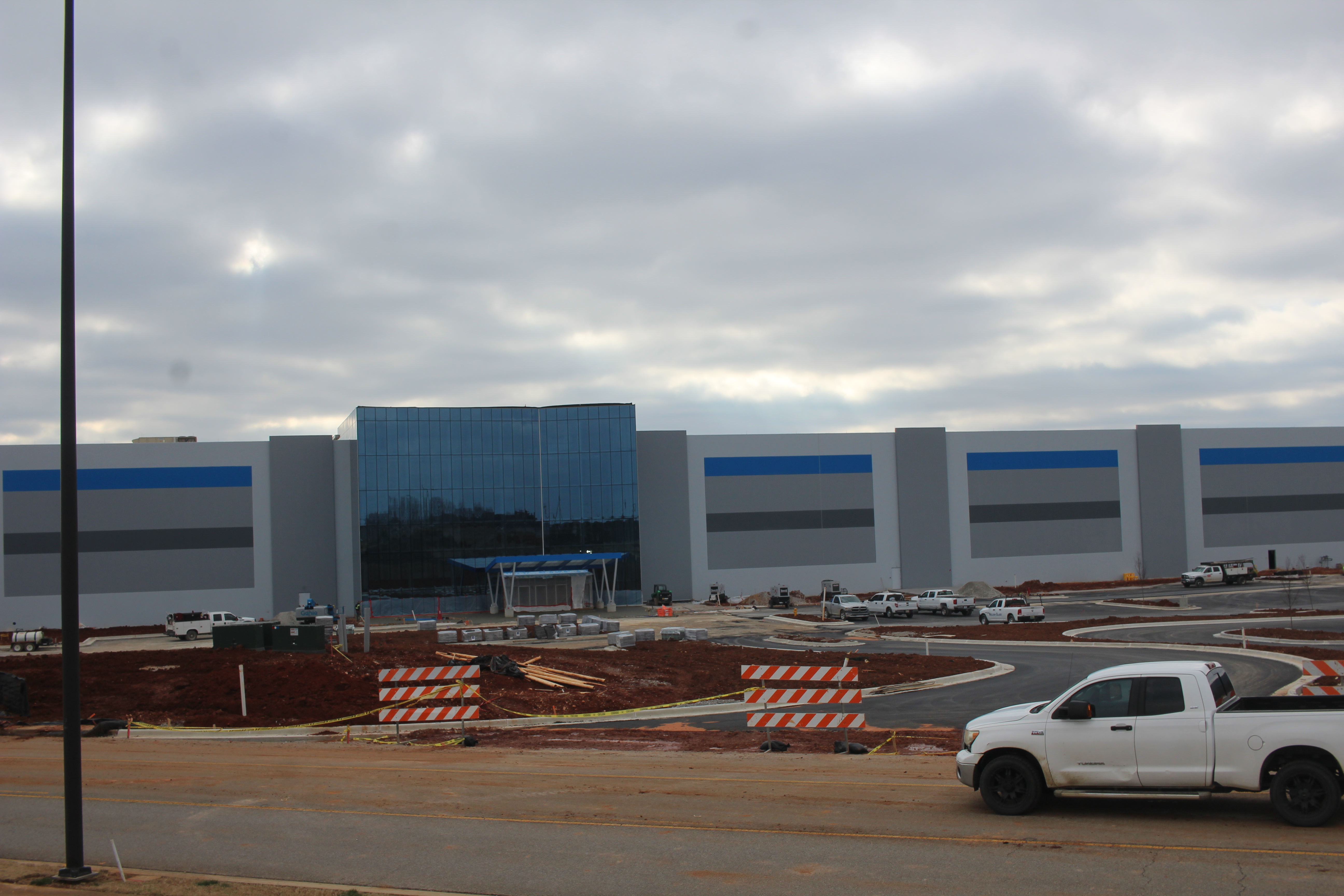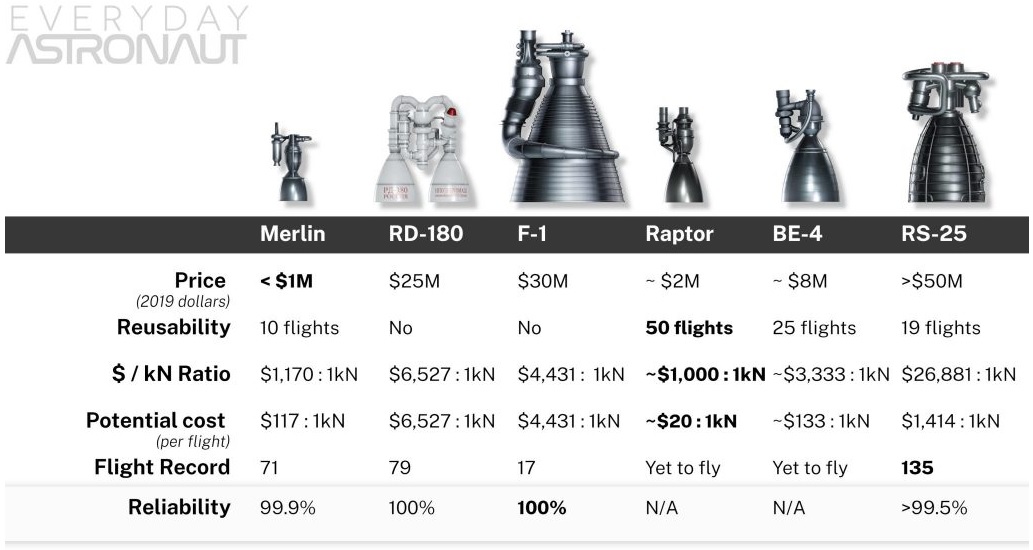Huntsville's Blue Origin BE-4 Engine Plant

The other day I decided to take a drive through Huntsville's tech and defense hub, Cummings Research Park. I drove past Bezos' Blue Origin Engine Plant. It was HUMONGO, three times the size that I imagined. It reminded me of one of Amazon's distribution warehouses. While it was not quite finished, it did appear to be a few months from completion. A friend of mine said they have already started hiring engineers and technicians, so if you are a rocket scientist, here is your chance to apply.
Since Blue Origin is one of the most recent high tech businesses to move into the high tech 'rocket city,' I decided to do a little research on rocket engines, especially SpaceX's Raptor engine and Blue Origin's BE-4 engine. For years the king of all rocket engines were Russian made, mainly RD-180. It had the highest combustion chamber pressure of any engine during its era and put out an astonishing chamber pressure 261.7 bar (Kilograms of power per square center). For decades, no other rocket or defense company could beat this mark until Elon Musk's SpaceX built the Raptor engine. It beat the RD-180 with an amazing combustion pressure of 268.9 bar, which is still being improved upon. The target goal for Raptor engine is set at 300 bar. 1. Some suggest that the RD-180 actually performed higher during initial testing with the Atlas V rocket, exceeding the 268.9 bar but in all honestly, the SpaceX's Raptor and Blue Origin's BE-4 engine have brought rocketry engine design to new heights.
The main difference between the Russian RD-180 and the SpaceX's Raptor engine and Blue Origin's BE-4 engine is the reusability. No longer is engine power output the sole measureable abjective of a rocket design. A bigger emphasis is now on a four-fold scale: efficiency, reliability, power and reusability. Although engine output power is a great asset to acquire, the main focus is now about cost. When an engine can be reused again for another flight, it dramatically brings down the total cost of a rocket launch and its payload.
What prevents an engine to be reusable is the damage to the seals protecting the high pressure gaseous fuel from leaking out which may cause a catastrophic failure or explosion. The combustion chamber temperature of these engines are so extreme that the seals in the RD-180 or in the Rocket Dyne RS-25 engine can only be guaranteed for one single luanch. This makes the cost of each space flight very expensive. The price tag for each Russian made RD-180 engine is around $25 million while the Rocket Dyne RS-25 engine exceeds $50 million. In retrospect, the SpaceX's Merlin engine and Raptor engine cost $1 Million and $2 Million based upon their reusability. The same with the Blue Origin's BE-4 engine which is around $8 Million each. As of now, SpaceX believes it can achieve 50 launches from their Raptor engines while the smaller Merlin engine should reach 10 launches. Blue Origin, which boast only 135 bar chamber pressure, comparably low to that of SpaceX's Raptor 168 bar engine, believes the lower chamber temperature will help reduce the risk and keep the seals from leaking. Blue Origin says their engine was engineered for 100 uses but they do not expect more than 50 launches from the same Glenn rocket. Right now, the $8 million per launch is based upon 25 flights. 2

While the Bezos' BE-4 does not quite stand up to Elon Musk's Raptor engine in performance or cost per flight, this does not conclude that Blue Origin is losing the space race on the next generation rockets. While Musk did have a head start, Bezos, the richest man on earth, with deep pockets to invest is not too far back in second place. I am just glad Bezos realized that the best place to design and make his rocket engines are in Huntsville, Alabama, also known as 'Rocket City.'
(1) Sources: SpaceX Raptor Engine Sets a Chamber Pressure Record, Brian Wang | February 11, 2019, https://www.nextbigfuture.com/2019/02/spacex-raptor-engine-sets-a-chamber-pressure-record.html
(2) Is SpaceX's Raptor engine the king of rocket engines? May 25, 2019, by Everyday Astronaut, https://everydayastronaut.com/raptor-engine/